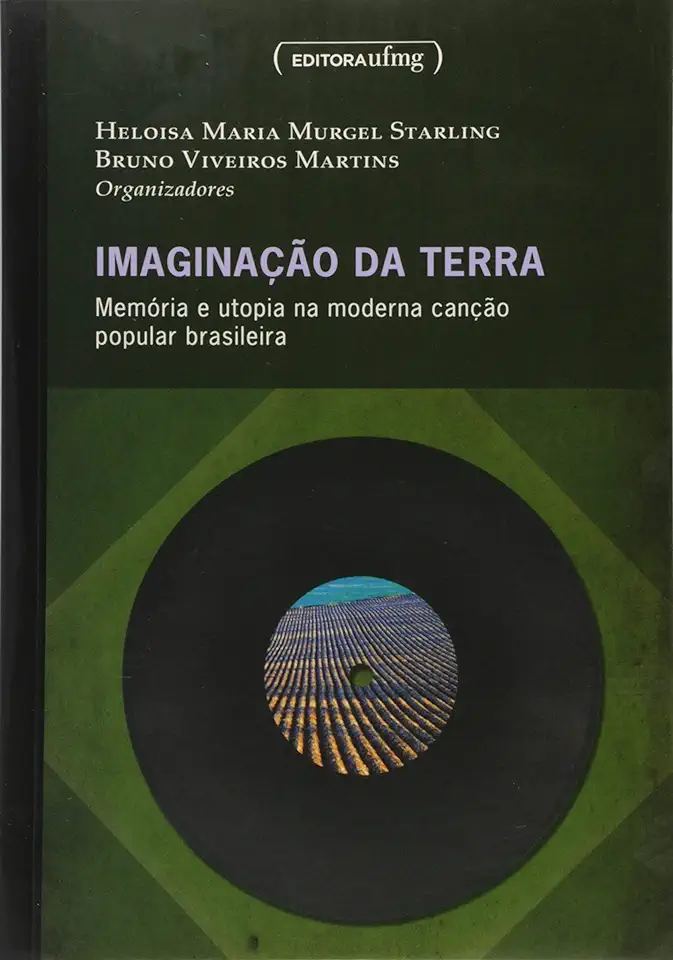
Being a Republican in Colonial Brazil - Heloisa Maria Murgel Starling
Being a Republican in Colonial Brazil
By Heloisa Maria Murgel Starling
A Book Review
Introduction
In her book, "Being a Republican in Colonial Brazil," Heloisa Maria Murgel Starling offers a fascinating and nuanced exploration of the republican tradition in Brazil during the colonial period. Through a meticulous examination of a wide range of sources, including political treatises, sermons, and correspondence, Starling argues that republicanism was a vibrant and influential force in Brazilian society, shaping the political thought and actions of a diverse group of individuals, from intellectuals and clergymen to military officers and slaves.
Republicanism in Colonial Brazil
Starling begins by defining republicanism as a political ideology that emphasizes the importance of civic virtue, public service, and the rule of law. She then traces the origins of republicanism in Brazil to the Portuguese Enlightenment, which introduced new ideas about the nature of government and the rights of citizens. These ideas were disseminated through a variety of channels, including the circulation of books and pamphlets, the establishment of literary societies, and the education of young Brazilians in European universities.
Republican Thought and Action
Starling identifies a number of key republican thinkers in colonial Brazil, including José Bonifácio de Andrada e Silva, Joaquim José da Silva Xavier (Tiradentes), and Frei Caneca. These men argued for the establishment of a republican government in Brazil, based on the principles of popular sovereignty, separation of powers, and the protection of individual rights. They also advocated for social and economic reforms, such as the abolition of slavery and the redistribution of land.
In addition to these intellectual leaders, Starling also examines the role of ordinary citizens in the republican movement. She shows how slaves, artisans, and other marginalized groups embraced republican ideals and used them to challenge the existing social and political order. For example, she discusses the participation of slaves in the Inconfidência Mineira, a republican conspiracy that was crushed by the Portuguese authorities in 1789.
The Legacy of Republicanism
Starling concludes by arguing that republicanism has had a lasting impact on Brazilian political thought and culture. She traces the republican tradition from the colonial period to the present day, showing how republican ideas have shaped the country's political institutions, its social movements, and its national identity.
Conclusion
"Being a Republican in Colonial Brazil" is a major contribution to the study of Brazilian history and political thought. Starling's meticulous research and engaging writing style make this book a must-read for anyone interested in understanding the origins of republicanism in Brazil and its enduring legacy.
Why You Should Read This Book
If you are interested in Brazilian history, political thought, or the history of republicanism, then "Being a Republican in Colonial Brazil" is a book that you should not miss. Starling's engaging writing style and meticulous research make this book a pleasure to read, and her insights into the republican tradition in Brazil are both original and thought-provoking. This book is a must-read for anyone who wants to understand the origins of Brazilian republicanism and its enduring legacy.
Enjoyed the summary? Discover all the details and take your reading to the next level — [click here to view the book on Amazon!]